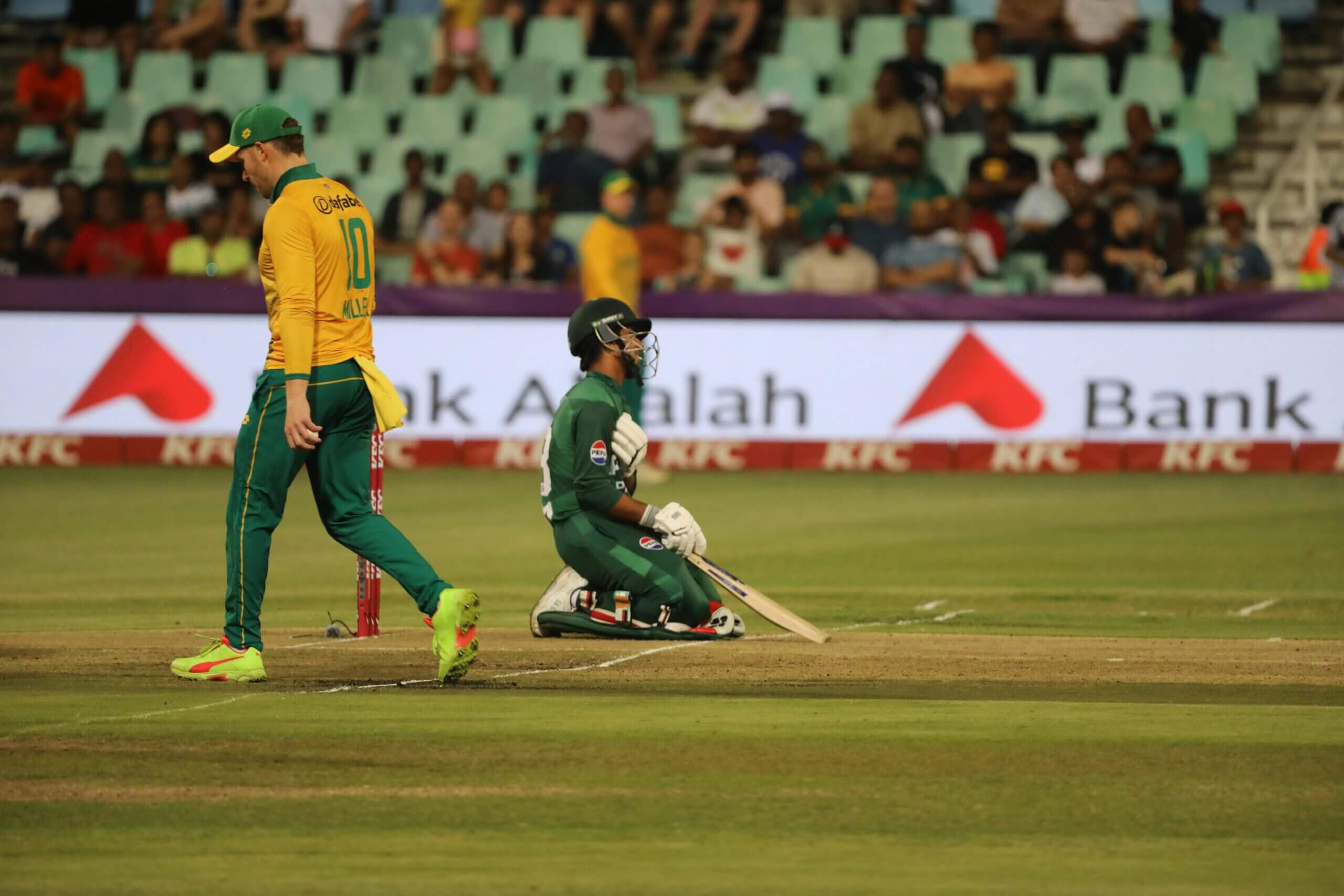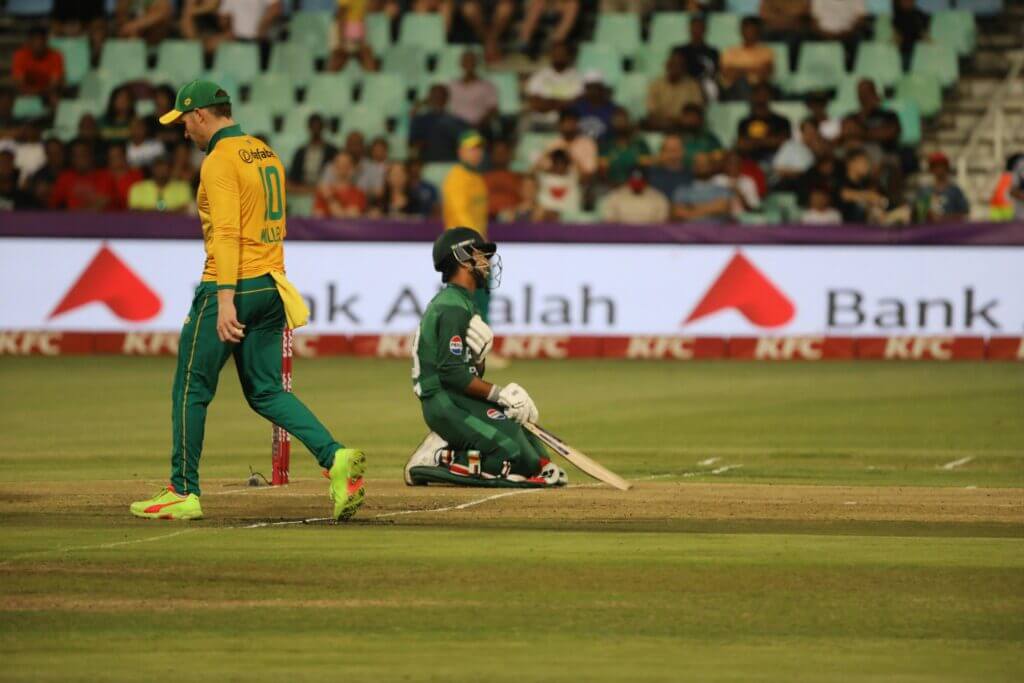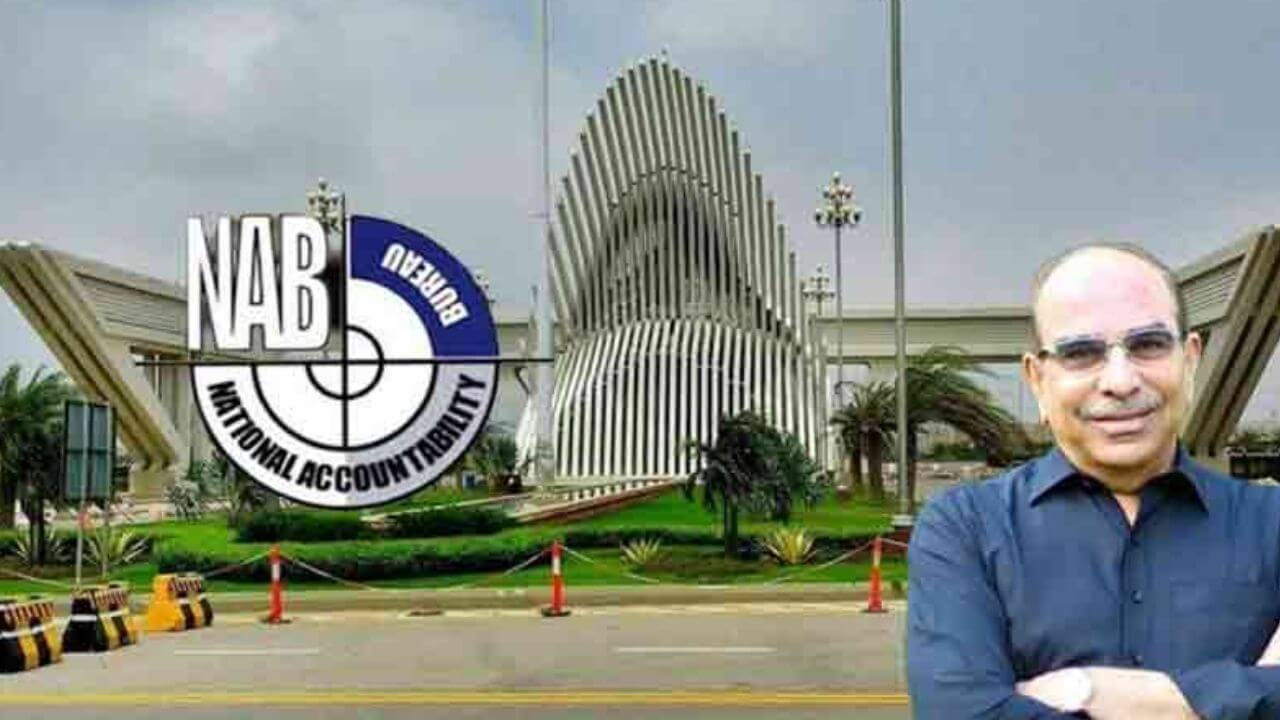What’s Really Going Wrong with Pakistan Cricket?


Pakistan cricket has always been a rollercoaster — thrilling, unpredictable, and deeply emotional. One day, we’re defeating world champions with flair, and the next, we’re crumbling against teams that barely have professional setups. While this unpredictability once added charm, it’s now starting to resemble something far worse: systemic instability.
In recent years, the decline hasn’t been about isolated failures. It’s a disturbing pattern — frequent losses to lower-ranked teams, inconsistent performances, and a growing sense that Pakistan cricket is losing its direction.
So, what’s really going wrong? Let’s unpack the core issues that are dragging our beloved game into chaos.
1. Constant Management Overhaul
Leadership in Pakistan cricket has become a game of musical chairs. New coach today, new captain tomorrow — and all this happens before any proper strategy is even allowed to settle. Players are left confused about their roles, and fans have no idea what to expect from series to series.
In contrast, top cricketing nations like India, Australia, or England provide stability. Their management is given time to build a system, a culture, and a long-term plan. Pakistan, however, changes direction before even taking the first step. How can you build a winning team when leadership is constantly in flux?
2. Poor Injury Management
The way Pakistan has managed player injuries is not just careless — it’s tragic. Talented players like Naseem Shah, Shaheen Afridi, and Ihsanullah have faced repeated injury setbacks, often due to rushed comebacks or lack of proper rehabilitation. Even worse, some players like Imran Nazir and Abid Ali seem to have been completely forgotten after facing health crises.
There’s no structured long-term care plan. In countries like Australia or England, injured players are protected, rebuilt, and reintroduced slowly. In Pakistan, it’s a brutal cycle of use-and-discard.
3. Wasting Generational Talent
Pakistan has always had an abundance of natural talent. The real tragedy? We don’t know how to use it — or worse, how to keep it.
Players like Sami Aslam, Zafar Gohar, and Usman Khan left for better opportunities abroad. Rising stars like Haider Ali and Qasim Akram have been dropped too soon, without proper guidance or support.
Our system lacks player development programs, mental health support, and long-term patience. A single bad tour can end a career — not because the talent isn’t there, but because the system doesn’t know how to nurture it.
4. Politics Over Performance
Unfortunately, in Pakistan, cricket and politics are deeply intertwined. The PCB chairman is a political appointee — which means that every change in government reshuffles the entire cricketing structure. New management, new policies, new problems.
This revolving door of leadership prevents any consistent long-term vision. What’s worse is the dual role of current officeholders — holding government portfolios and running cricket simultaneously. This leads to conflicts of interest and raises serious questions about priorities.
Cricket in Pakistan needs to be run like a professional sport — not a political project.
5. Playing for Personal Stats, Not the Team
One of the more subtle but deadly problems is the rise of individualism over team spirit. Many players now seem more focused on hitting personal milestones than helping the team win. You can see it in decision-making, body language, and on-field behavior.
Why? Possibly because they know one bad series could cost them their place, so they play it safe, not smart. But cricket is not an individual game. The great teams thrive on trust, chemistry, and shared goals — something that’s currently missing in Pakistan’s dressing room.
6. Dressing Room Divides
A fractured team off the field can never win on it. Insiders suggest that Pakistan’s dressing room is no longer united. There are egos, factions, and a lack of mutual respect. Constructive criticism isn’t welcome, and there’s a visible resistance to learning or accepting roles.
Unity is the backbone of championship teams. Until the team sheds internal politics and embraces a culture of humility and brotherhood, results will remain erratic.
Time for a Serious Reset
This is no longer about the occasional bad tour or one-off disappointment. Pakistan cricket is facing a full-blown identity crisis. Fans are still loyal, still passionate, still waiting — but patience won’t last forever.
What Pakistan cricket needs now isn’t another press conference, reshuffle, or temporary band-aid. It needs a complete cultural reset — from leadership to locker room. Players must be backed, systems must be rebuilt, and a long-term vision must finally take root.
Pakistan cricket deserves better. And so do its fans.




